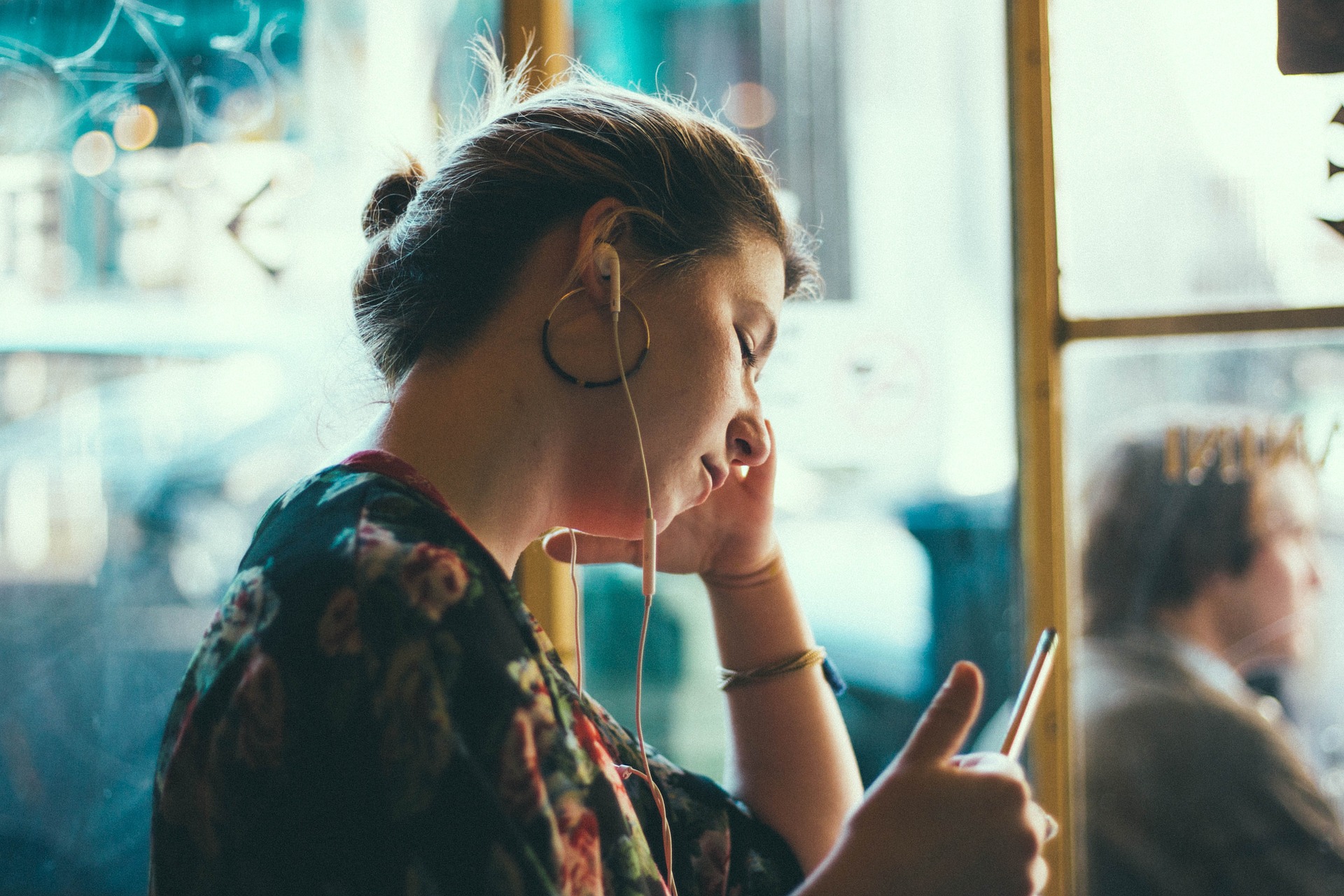
How To Say No Without Feeling Guilty
Do you struggle to say no? A lot of the time people find it hard to say no because they feel guilty. They worry that they're not being kind or that they're rejecting the other person.
But it's perfectly possible to get better at saying no and still be kind.
The following story is a case study from my much-loved book How Kind People Get Tough.
Max, 54
Max, a self-employed web developer, absolutely loved his work. However, he would often end up working long hours, fixing issues on people’s websites—and all too often for a ridiculously low fee.
The problem was that whenever someone asked Max for a discount he just couldn’t bring himself to say no because he felt guilty. The more he gave his services for such little recompense, the more people would recommend him to their friends. All this pressure on his time and his finances had led to Max becoming increasingly stressed.
How To Say No Without Feeling Guilty
I wondered what lay behind Max’s struggle with saying no. When I asked him, he told me that he didn’t want to be unkind. He thought that if he insisted on people paying the full fees for his services, he might come across as mean, and that made him feel guilty. He also feared that people would get annoyed and walk away, leaving him with no work at all.
Max’s need to be kind was a misguided type of kindness. Ultimately, he wasn’t being kind to anyone, because running his business into the ground would eventually lead to him not being able to help anyone. Clearly, Max had some limiting beliefs about money and self-worth.
You Learnt not to say no in your childhood
As we explored this, Max told me that when he was nine years old, his father walked out, leaving him and his mother with no financial support. His mother was under a great deal of stress; she didn’t handle money very well, and so Max did odd jobs to help contribute. Every day he cleaned cars, walked people’s dogs, did paper rounds—anything to bring money into the household.
Whenever young Max tried to say no to his mother’s requests for him to do extra work, she’d get upset and accuse him of not caring about her. Max recalled many times when he was exhausted by all the chores, on top of school.
Up until our sessions, Max hadn’t seen the link between how life had been way back in his childhood, and how he thought about his business today. He saw now that he’d grown up with some very unhelpful ideas about how earning money and self-worth went together.
It was a lightbulb moment. Max began to consider the possibility that he no longer had to listen to that anxious little boy within, who’d been so worried about being seen as uncaring.
many people struggle with saying no because of the experiences they had in early childhood
Like Max, many people struggle with saying no because of the experiences they had in their early childhood. If always saying yes meant that a parent, or the teacher, wouldn’t be cross with you, well that made a lot of sense, so it became a learnt habit.
In the grown-up world we call this people-pleasing. It may have once been a useful way to get by in life, but like Max, and so many of us, people-pleasing in adult life holds us back: in our relationships, and with our confidence and success. So how do you break this habit?
Next, take the people-pleasing quiz.
We all have people-pleasing habits that make it hard to speak up and set boundaries.
We may overgive, step in to rescue, or feel we have to take responsibility for others. Other times we may not speak up about our needs, and instead go along with other people's expectations.
When you get clear on which of these habits show up most for you, you can use the right approach to overcome them.
Start by taking the quiz to discover your score for each people-pleasing habit.
Plus, I’ll send you guidance on how to let go of these habits so that you can set boundaries with confidence and have relationships where you’re seen, heard and valued.


